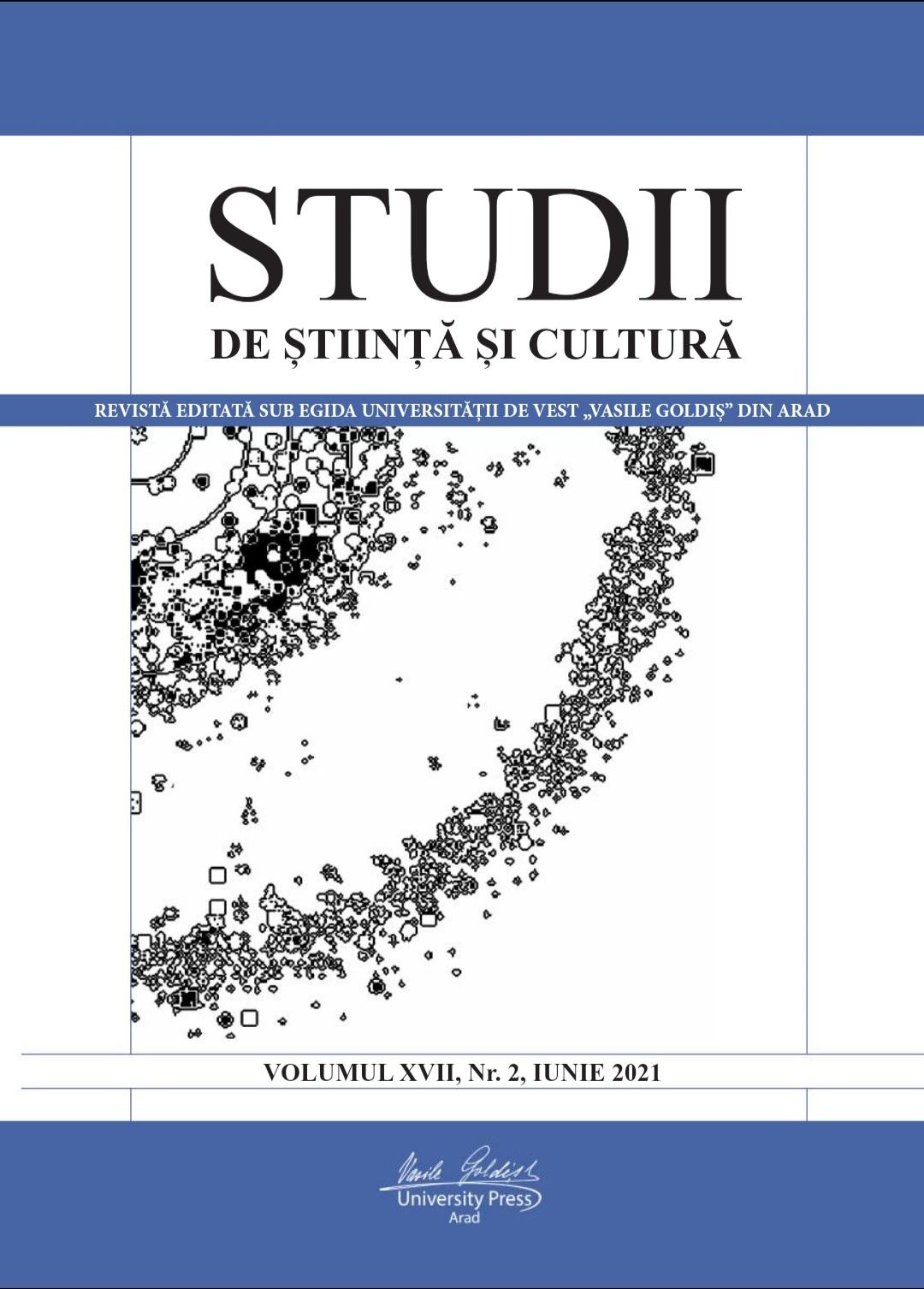ORIGINEA UNUI PROVERB
THE ORIGIN OF A PROVERB
Author(s): Anton AdămuțSubject(s): Language and Literature Studies, Philology
Published by: Editura Universităţii Vasile Goldiş
Keywords: Homer; Platon; Socrate; Aristotel; truth; proverb;
Summary/Abstract: This study is about loci obscuri. That is: who does the proverb Amicus Plato sed magis amica veritas belong to? When and where was it first uttered? Its origin being hidden, the names of Plato and Aristotle come into play most often (The Republic and The Nicomachean Ethics). Aristotle seems to have been troubled by the words of Plato from The Republic, 595b-c: „Well, I will tell you, although I have always from my earliest youth had an awe and love of Homer, which even now makes the words falter on my lips, for he is the great captain and teacher of the whole of that charming tragic company; but a man is not to be reverenced more than the truth, and therefore I will speak out”. Aristotle answered ironically, without mentioning Plato, but evidently referring to him in The Nicomachean Ethics (1096a): „We had perhaps better consider the universal good and discuss thoroughly what is meant by it, although such an inquiry is made an uphill one by the fact that the Forms have been introduced by friends of our own. Yet it would perhaps be thought to be better, indeed to be our duty, for the sake of maintaining the truth even to destroy what touches us closely, especially as we are philosophers or lovers of wisdom; for, while both are dear, piety requires us to honour truth above our friends”. Aristotle has in mind The Republic and is using irony against Plato. In the same way, Plato is using irony against Homer through the character of Socrates in his dialogue (not directly, as Aristotle would later employ irony against his former master).
Journal: Studii de Ştiinţă şi Cultură
- Issue Year: XVII/2021
- Issue No: 02
- Page Range: 53-60
- Page Count: 8
- Language: Romanian

